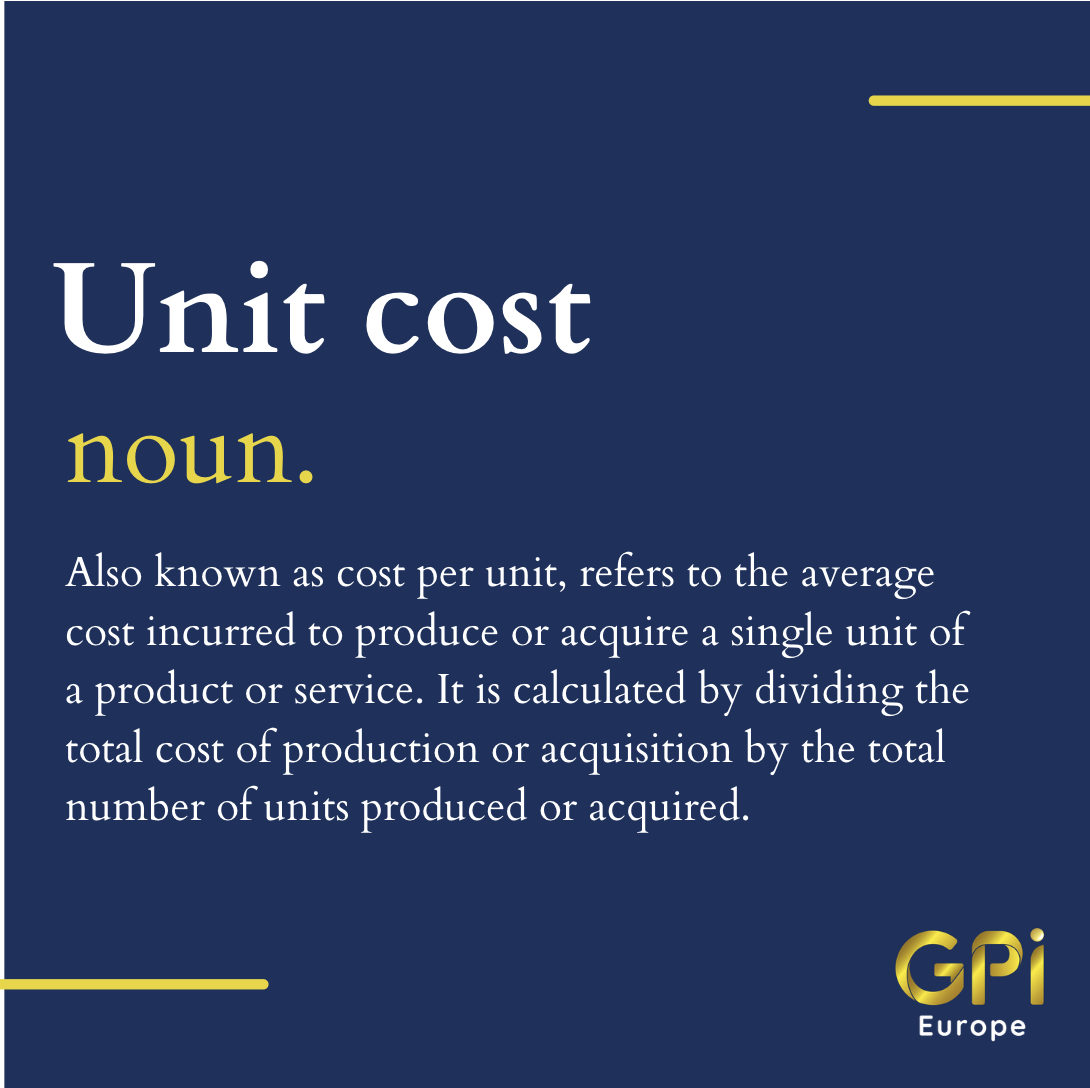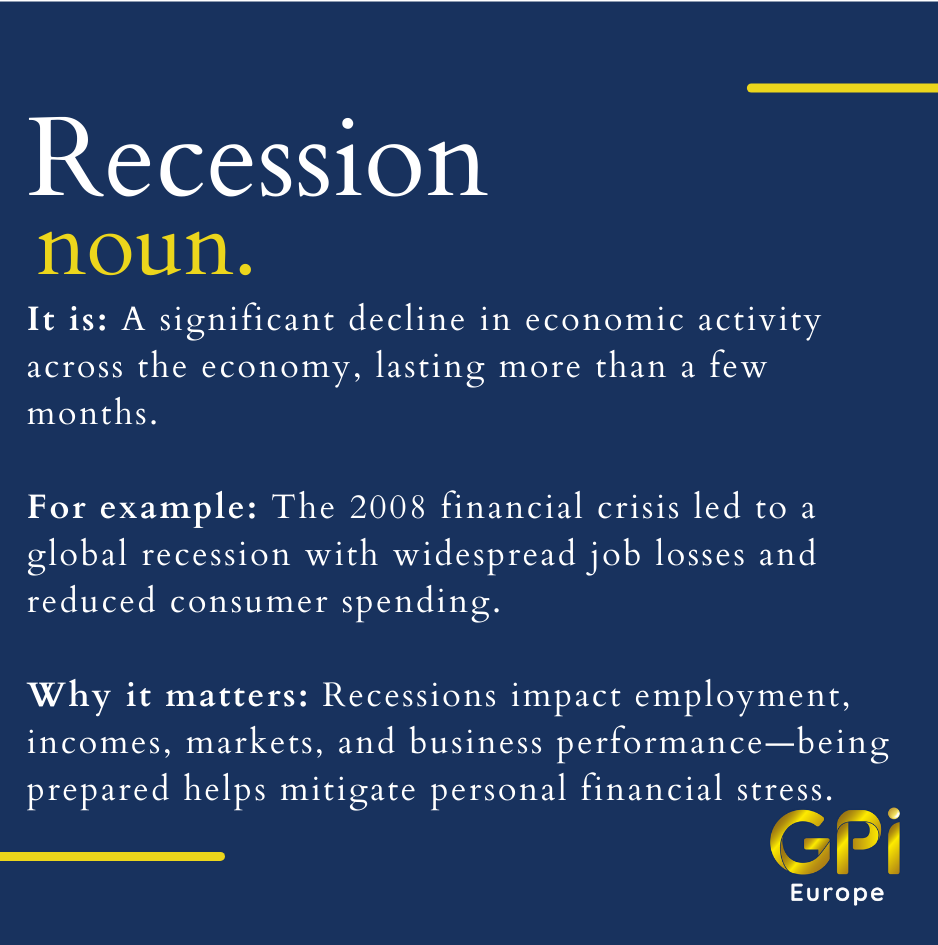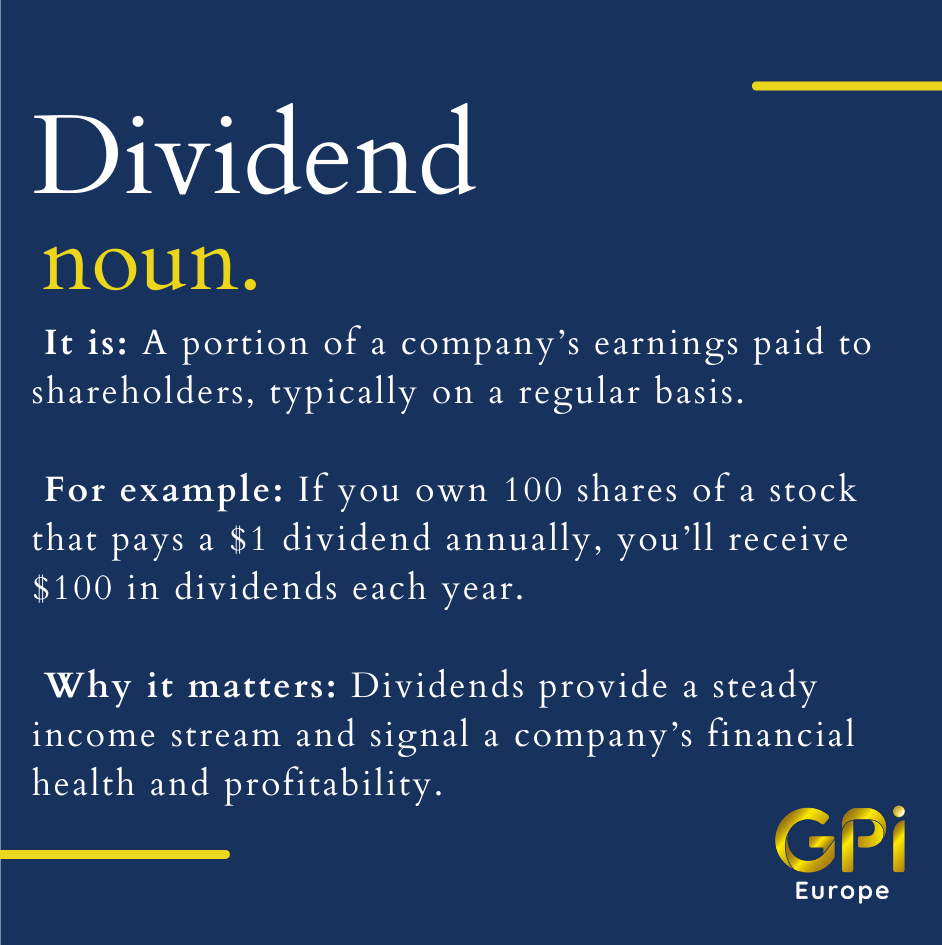Unit cost
Unit cost, also known as cost per unit, refers to the average cost incurred to produce or acquire a single unit of a product or service. It is calculated by dividing the total cost of production or acquisition by the total number of units produced or acquired. Unit cost is an important financial metric used by businesses to assess the efficiency and profitability of their operations, determine pricing strategies, and make informed decisions about resource allocation.
Examples of unit cost include:
Manufacturing: in manufacturing, unit cost represents the cost of producing a single unit of a product. It includes the cost of raw materials, labor, overhead, and other production-related expenses. For example, if a company produces 1,000 widgets and incurs a total cost of $10,000 to produce them, the unit cost would be $10,000 divided by 1,000, resulting in a unit cost of $10 per widget.
Retail: in retail, unit cost refers to the cost of acquiring a single unit of inventory for resale. It includes the purchase price of the product, transportation costs, taxes, and other costs associated with acquiring the product. For instance, if a retailer purchases 100 units of a product for $1,000, the unit cost would be $1,000 divided by 100, resulting in a unit cost of $10 per unit.
Service-based businesses: in service-based businesses, unit cost may be calculated based on the cost of providing a single unit of service. For example, a consulting firm may calculate unit cost based on the cost of providing an hour of consulting service, including labor costs, overhead expenses, and other related costs.
Transportation: in transportation, unit cost refers to the cost of transporting a single unit of goods or passengers. It includes fuel costs, labor costs, maintenance costs, and other expenses associated with the transportation operation. For example, a trucking company may calculate unit cost based on the cost of transporting one ton of cargo over a certain distance.
Utilities: in utilities, such as electricity or water, unit cost represents the cost of providing a single unit of the utility, such as kilowatt-hour (kWh) or gallon. It includes production, distribution, and other operational costs associated with providing the utility service.
Understanding unit cost is crucial for businesses to determine pricing strategies, optimize production or acquisition costs, and make informed decisions about resource allocation. By monitoring and analysing unit cost, businesses can identify cost-saving opportunities, improve profitability, and enhance overall operational efficiency.





